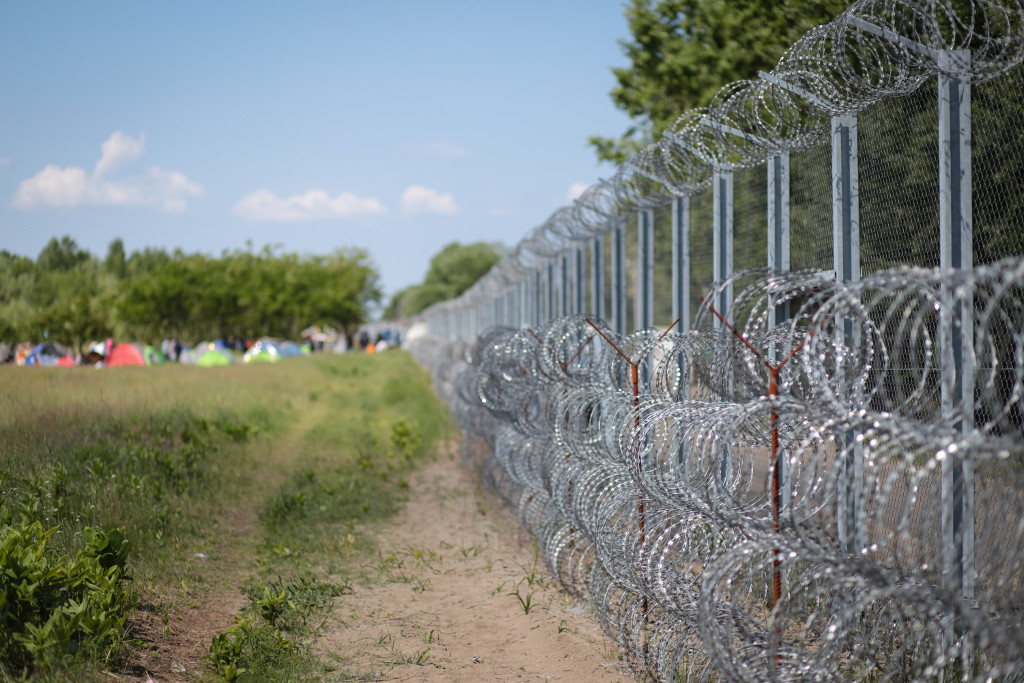 We all remember well the images from the Balkans last summer, when thousands of refugees, many children, reached Europe on foot, when whole families, among them elderly and infants, walked in lines along country roads, or were camped behind a network or a checkpoint along the Macedonian, Serb or Hungarian borders, waiting to continue their journey to northern Europe.
We all remember well the images from the Balkans last summer, when thousands of refugees, many children, reached Europe on foot, when whole families, among them elderly and infants, walked in lines along country roads, or were camped behind a network or a checkpoint along the Macedonian, Serb or Hungarian borders, waiting to continue their journey to northern Europe.
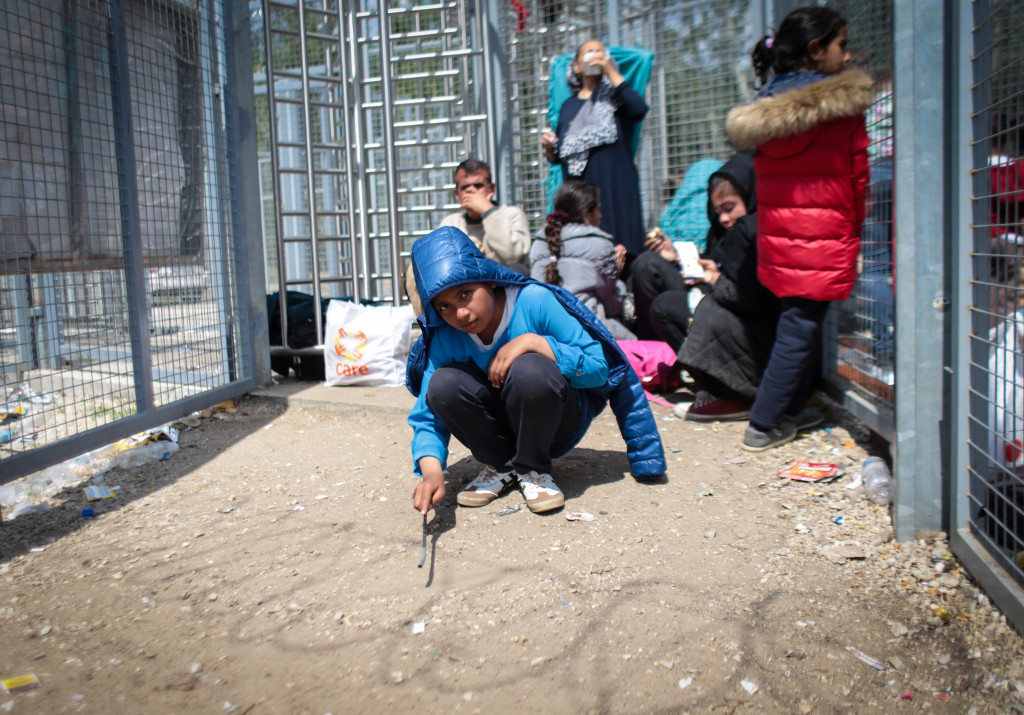
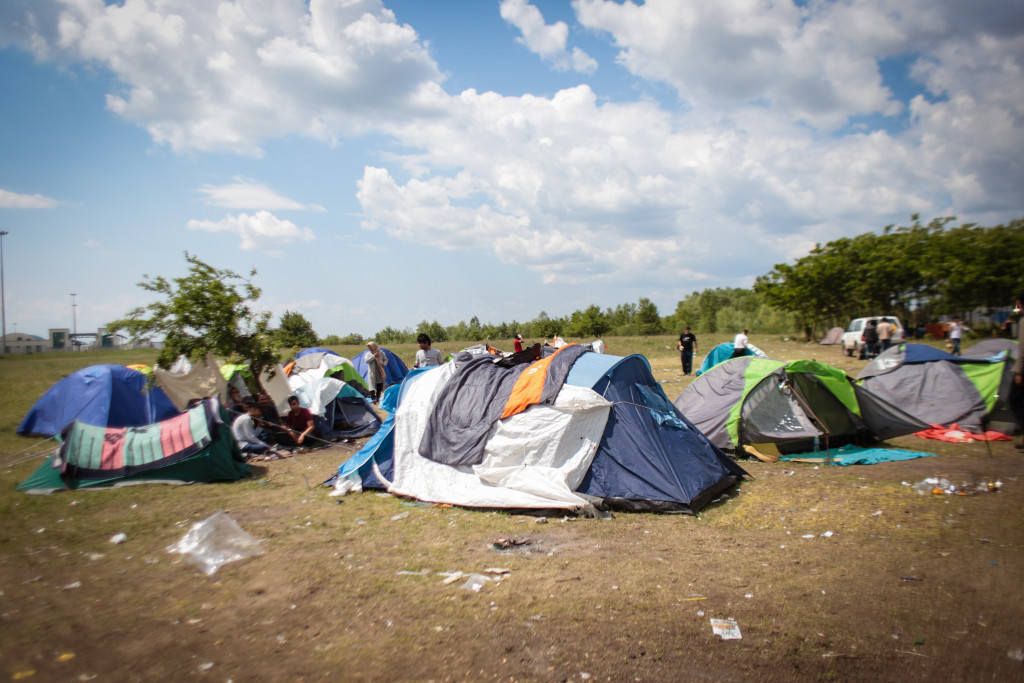
Among them is Hamed, a young computer specialist that fled from the Middle East. He wanders around sad in the field wondering what his future will be like, or Ewan, a Chaldean Christian that has left behind the Syrian hell and does not understand why it is still forbidden to enter into the transit zone: "When you go back to Hungary, tell them that we too are human, we want peace, we want peace for our family." That day there were about 80 people, from Syria, Afghanistan and Pakistan. We give them food and drink.
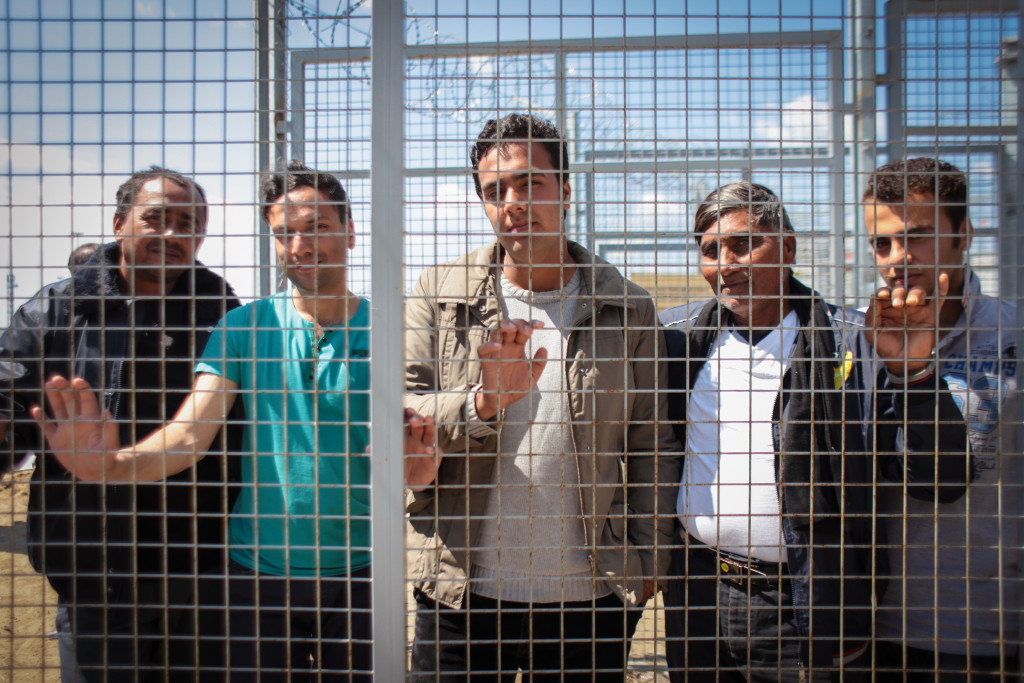
The UNHCR Serbia members bringing aid to the camp refugees say that the situation now is more quiet, but a few days before instead of 80 there were over 900 people, and every day new families continued to arrive. We do not know how long it will take to get across, but we know that even today, on the border separating Serbia from Hungary, there are women and children waiting behind a barbed wire fence for the day when they will be able to begin a new life in Europe.
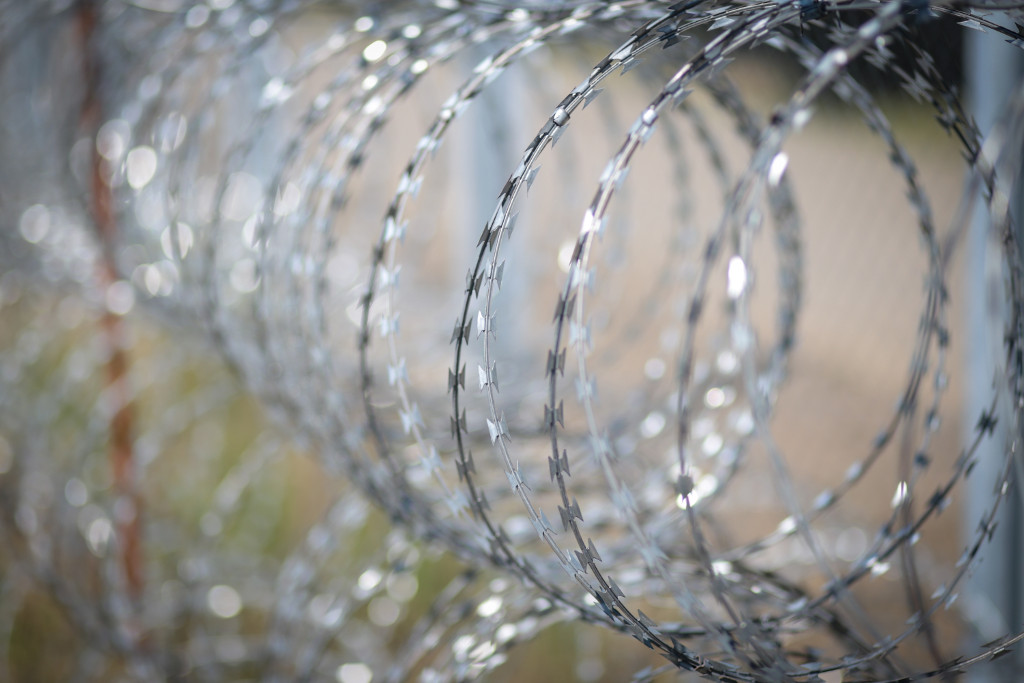 |
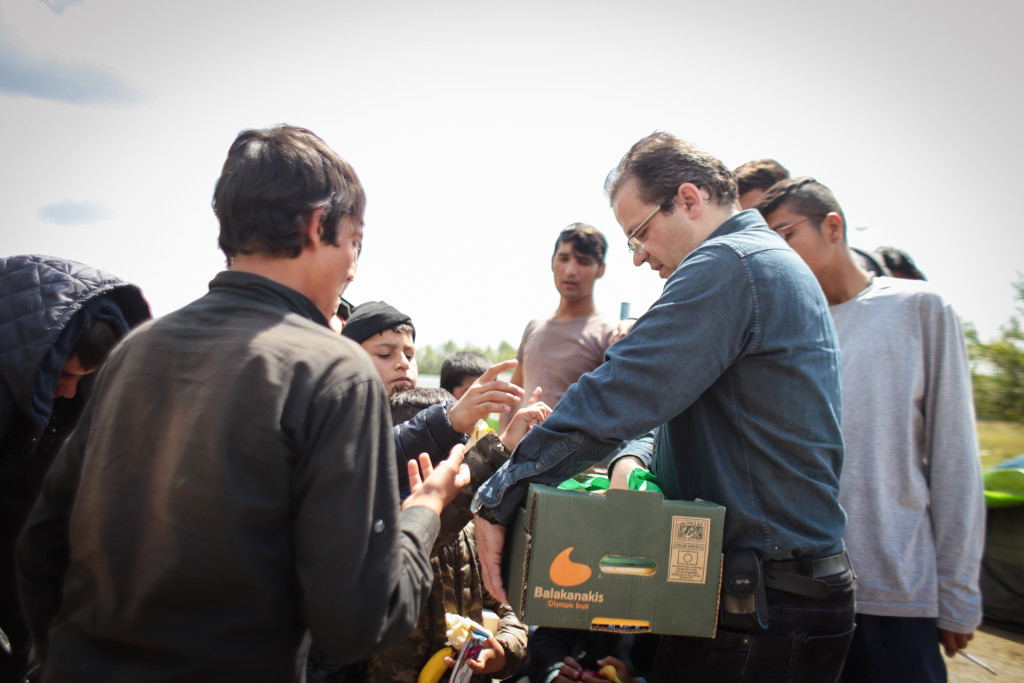 |
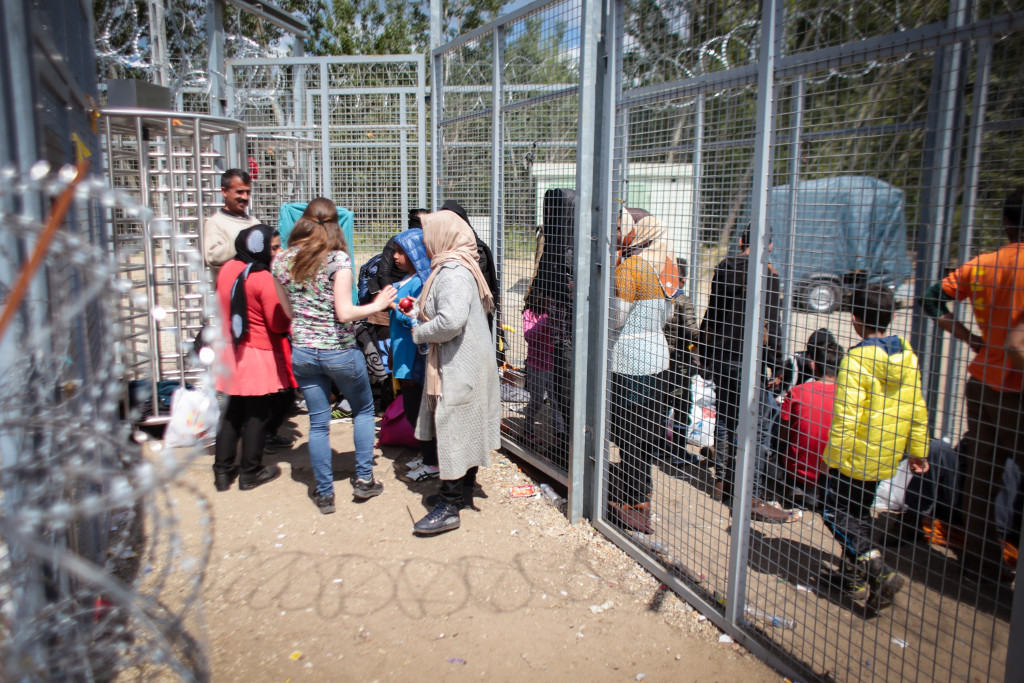 |
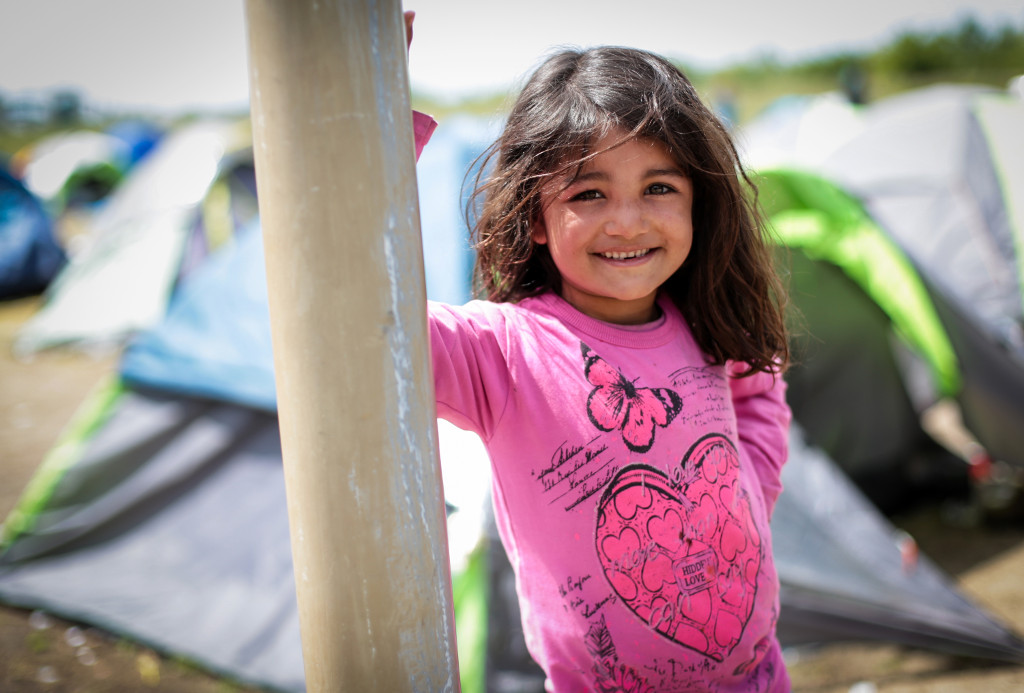 |
 |
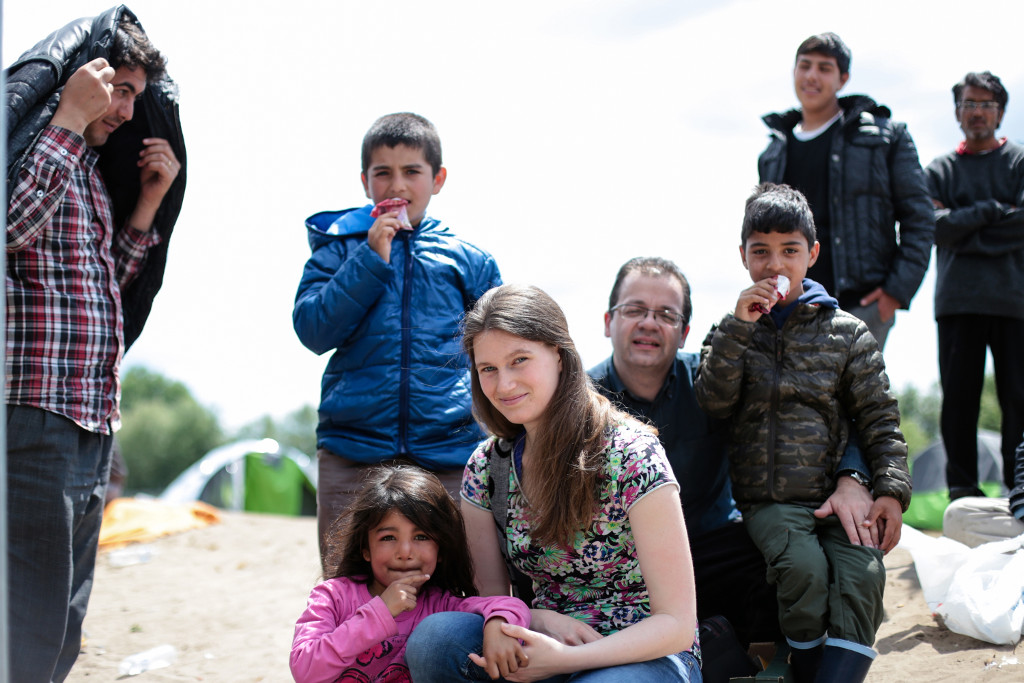 |













